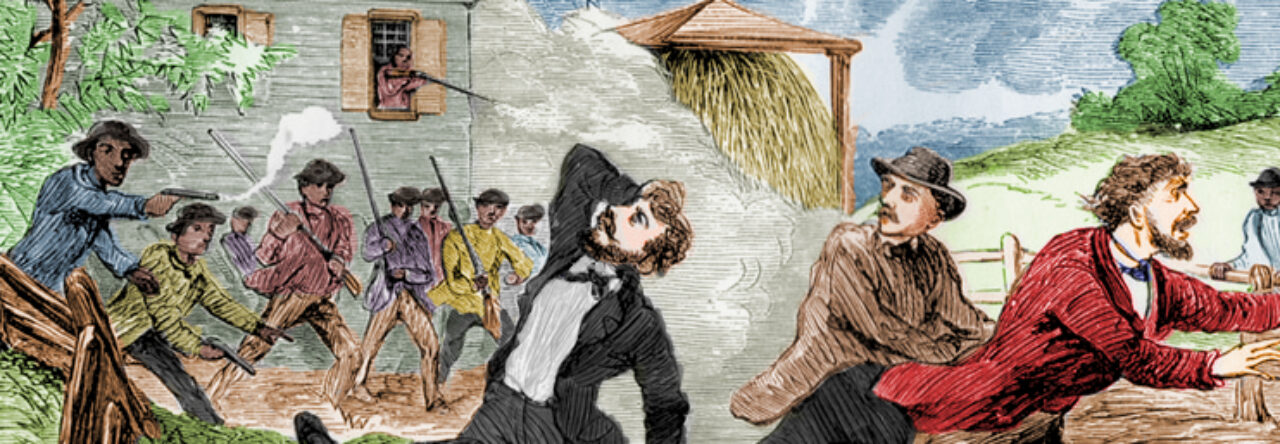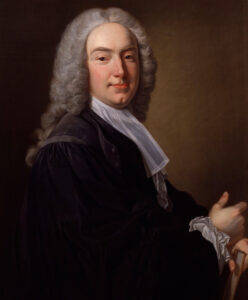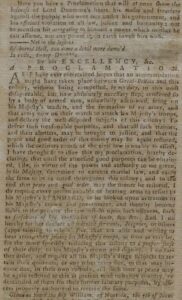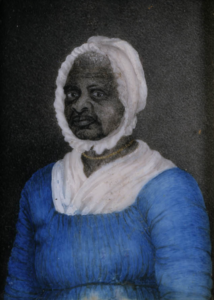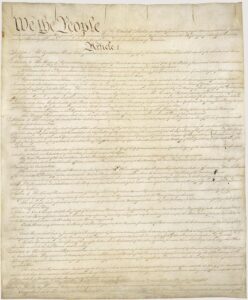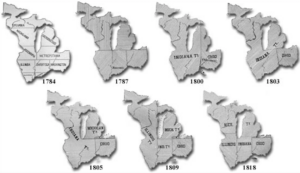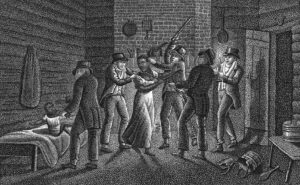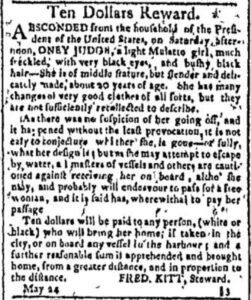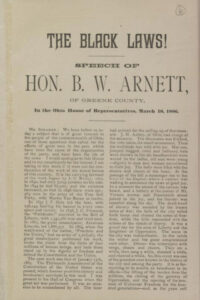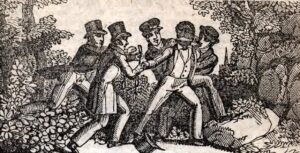South Carolina freedom seekers head south for Spanish Florida and freedom in what becomes known as the Stono Rebellion, one of the largest slave uprisings in the British North American colonies
Date(s): September 9, 1739
Location(s): Stono River, SC
Outcome: Recapture and Death
Summary:
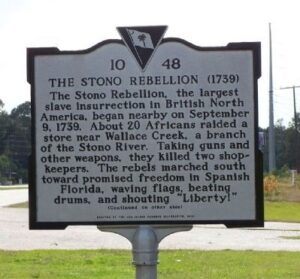
Stono Rebellion Historical Marker (Historical Marker Database)
On Sunday morning, September 9, 1739, an initial group of 20 enslaved South Carolinians armed themselves and started south, joined by other freedom seekers along the way. Their destination was Florida, where Spanish authorities had begun liberating freedom seekers from British colonies who were willing to convert to Catholicism. South Carolina militia overtook the freedom seekers near the Edisto River, killing many and recapturing the others. In response, South Carolina lawmakers passed the 1740 Negro Act to further curtail the mobility of enslaved people in the colony. Some historians consider the Stono uprising to be the largest slave rebellion in the British North American colonies.
Related Sources
- Two Views of the Stono Rebellion, 1739
- Official letters from Don Manuel de Montiano, Governor of East Florida, to Don Juan Francisco de Guemes y Horcasitas, Captain-General of the Island of Cuba, September 30, 1737-January 1, 1741
